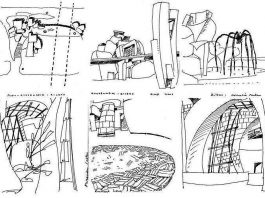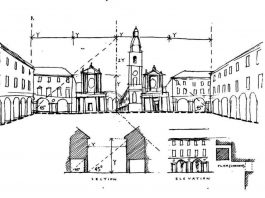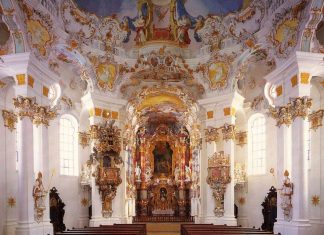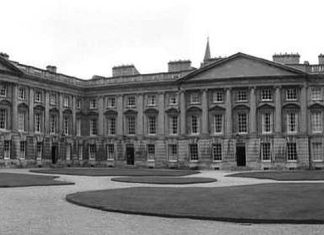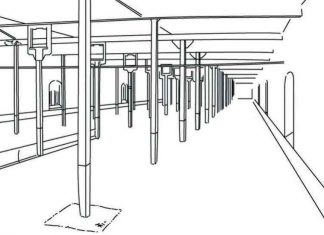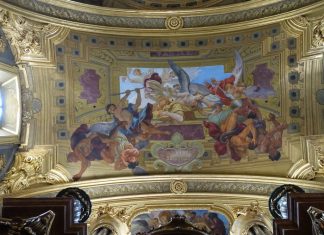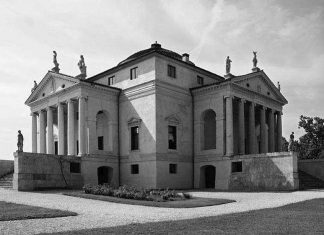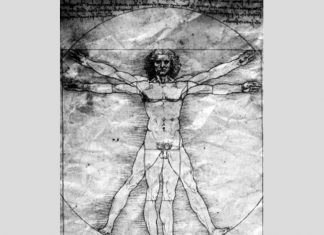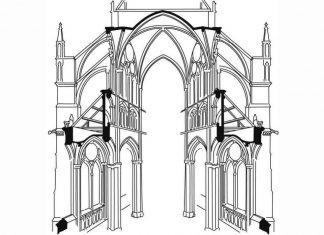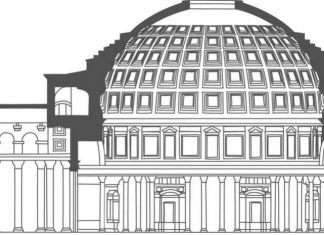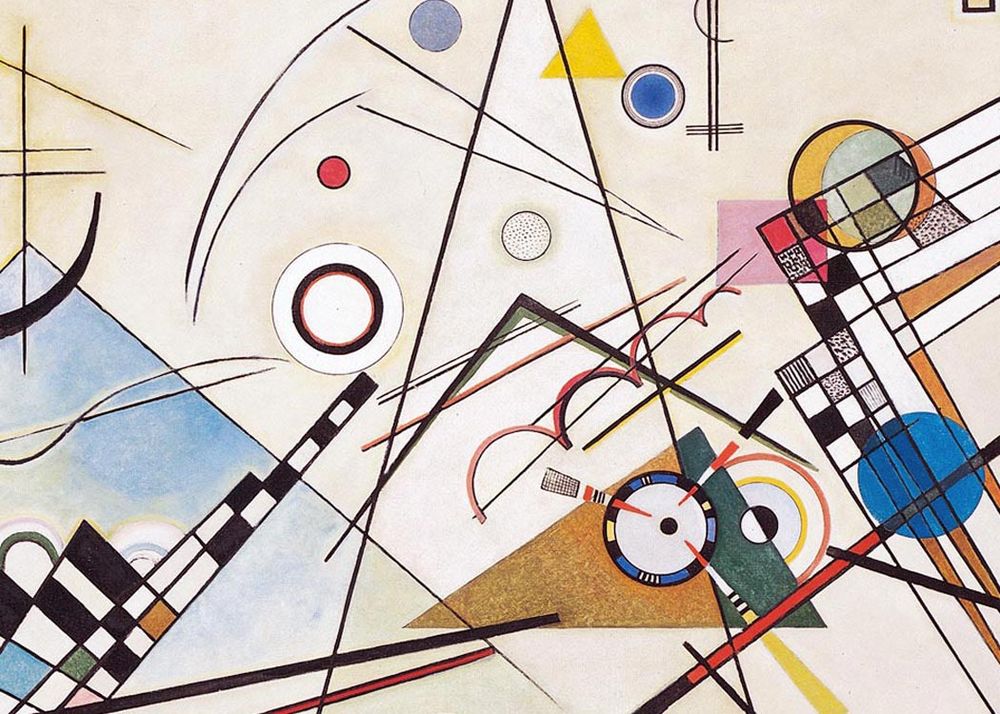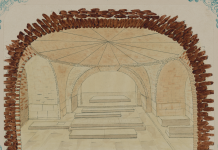Age of Reason
At the height of the Enlightenment, architects in France turned to an architecture that attempted to use pure forms, such as pyramids, cylinders and...
Neoclassicism
In the last few decades of the 18th century a new attitude to the ancient remains of Greece and Rome began to emerge. Archaeologists...
Rococo
Toward the end of the baroque period architects and, especially, interior designers turned away from the grandiose effects that sometimes dominated baroque architecture and...
Taste. Proportions the Beauty of Architecture
Today the term “taste” is often used vaguely to mean personal preference or ephemeral fashion. But in the 18th century the term was employed...
Industrial architecture
The industrial revolution brought new types of building, including factories and warehouses. Although based on older designs for buildings, such as mills, the factories...
Baroque
In the 17th and early 18th centuries a combination of religious change and the inventiveness of a number of architects in Italy and Central...
Palladianism
Andrea Palladio was one of the most influential architects of all time. His distinctive, severely classical style was developed in 16th-century Italy, but it...
Renaissance
The “Renaissance,” coming from the Italian word for rebirth, came about when artists turned their backs on the medieval world and sought a model...
Gothic
In the mid-12th century Abbot Suger of the French abbey of St. Denis commissioned a remodeling of his church. The building was constructed in...
Roman engineering
Roman architecture was distinctive because it brought highlydeveloped engineering skills to bear on large-scale buildings. TheRomans made huge strides in engineering, building great aqueducts,large...




